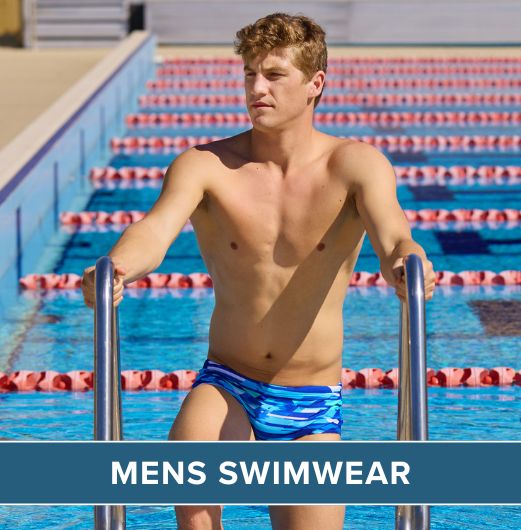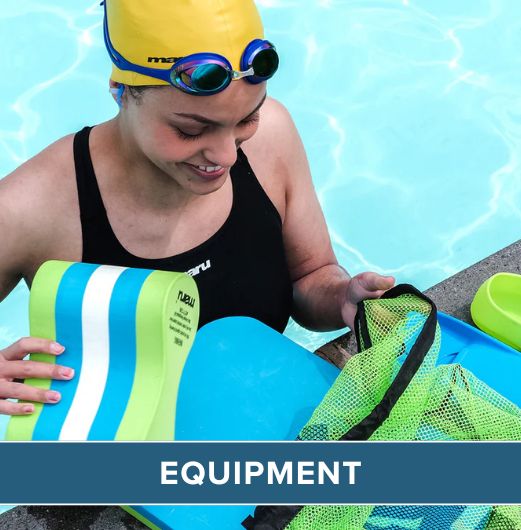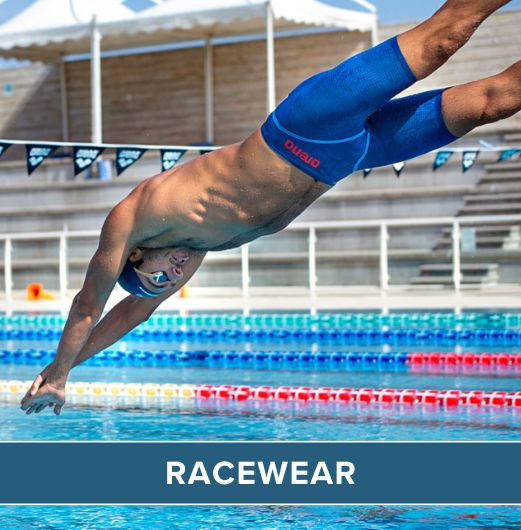1. Swimmer’s Ear
Swimmer’s ear, also known as otitis externa, is an infection of the outer ear canal, typically caused by water getting trapped in the ear. The moist environment allows bacteria or fungi to grow, leading to irritation and pain.

https://www.simplyswim.com/collections/ear-protection
Prevention:
- Keep Your Ears Dry: After swimming, gently dry your ears with a towel. You can also tilt your head to each side to help water drain out.
- Earplugs: Invest in a good pair of waterproof earplugs designed for swimming. They can help keep water out of your ears.
- Drying Drops: Over-the-counter ear-drying drops can help remove excess moisture from your ear canal. Look for alcohol-based drops or create your own with a mix of equal parts white vinegar and rubbing alcohol.
Treatment:
- Avoid Further Exposure to Water: If you suspect a swimmer's ear, avoid swimming and try to keep your ears dry until the infection clears up.
- Pain Relief: Over-the-counter pain relievers, such as ibuprofen or paracetamol, can help alleviate pain and reduce inflammation.
- See a Doctor: If the pain persists or worsens, it’s essential to see a doctor. They may prescribe antibiotic ear drops to clear up the infection.
2. Chlorine Rash
Chlorine is used in pools to kill bacteria, but it can also irritate your skin, leading to a red, itchy rash. Some people are more sensitive to chlorine than others, but anyone can develop a chlorine rash if they spend enough time in the pool.

Prevention:
- Rinse Before and After Swimming: Rinsing off before you swim helps remove oils and sweat that can react with chlorine. A thorough shower after swimming washes away any lingering chlorine on your skin.
- Moisturise: Applying a good moisturiser before you swim can create a barrier between your skin and the chlorine. After swimming, reapply to keep your skin hydrated.
- Choose a Pool with Lower Chlorine Levels: Some pools use alternative disinfectants like saltwater or UV systems, which can be gentler on the skin.
Treatment:
- Cool Compresses: Applying a cool, damp cloth to the affected area can soothe irritation.
- Hydrocortisone Cream: Over-the-counter hydrocortisone cream can help reduce redness and itching.
- Avoid Scratching: It may be tempting, but scratching will only make the rash worse. Try to resist the urge and treat the itch instead.
3. Shoulder Pain
Swimming is a repetitive motion activity, and this can sometimes lead to overuse injuries, particularly in the shoulders. Swimmer’s shoulder, or rotator cuff tendonitis, is common among regular swimmers.

https://www.swimexpert.co.uk/private-swimming-lessons/physio-in-water-injury-rehabilitation
Prevention:
- Warm-Up Properly: Always warm up before hitting the pool. Gentle stretching and shoulder exercises can help prepare your muscles.
- Perfect Your Technique: Poor swimming technique is a leading cause of shoulder pain. If you’re unsure about your form, consider taking a lesson or working with a coach.
- Rest and Vary Your Strokes: Give your shoulders a break by varying your strokes and including rest days in your routine. This helps prevent overuse injuries.
Treatment:
- Rest: The most important thing you can do for swimmer’s shoulder is to rest it. Avoid activities that cause pain.
- Ice and Anti-Inflammatories: Applying ice to the shoulder and taking anti-inflammatory medication can help reduce pain and swelling.
- Physiotherapy: If your shoulder pain persists, seeing a physiotherapist can be beneficial. They can guide you through exercises to strengthen and heal the shoulder.
Be mindful of the potential for ailments like swimmer’s ear, chlorine rash, and shoulder pain. With the right prevention strategies and treatments, you can keep these issues at bay and continue to enjoy the water. Happy swimming!
 Free Tracked UK Delivery
Free Tracked UK Delivery Hassle Free Returns
Hassle Free Returns Next Working Day OPTION
Next Working Day OPTION Found It Cheaper?
Found It Cheaper?














